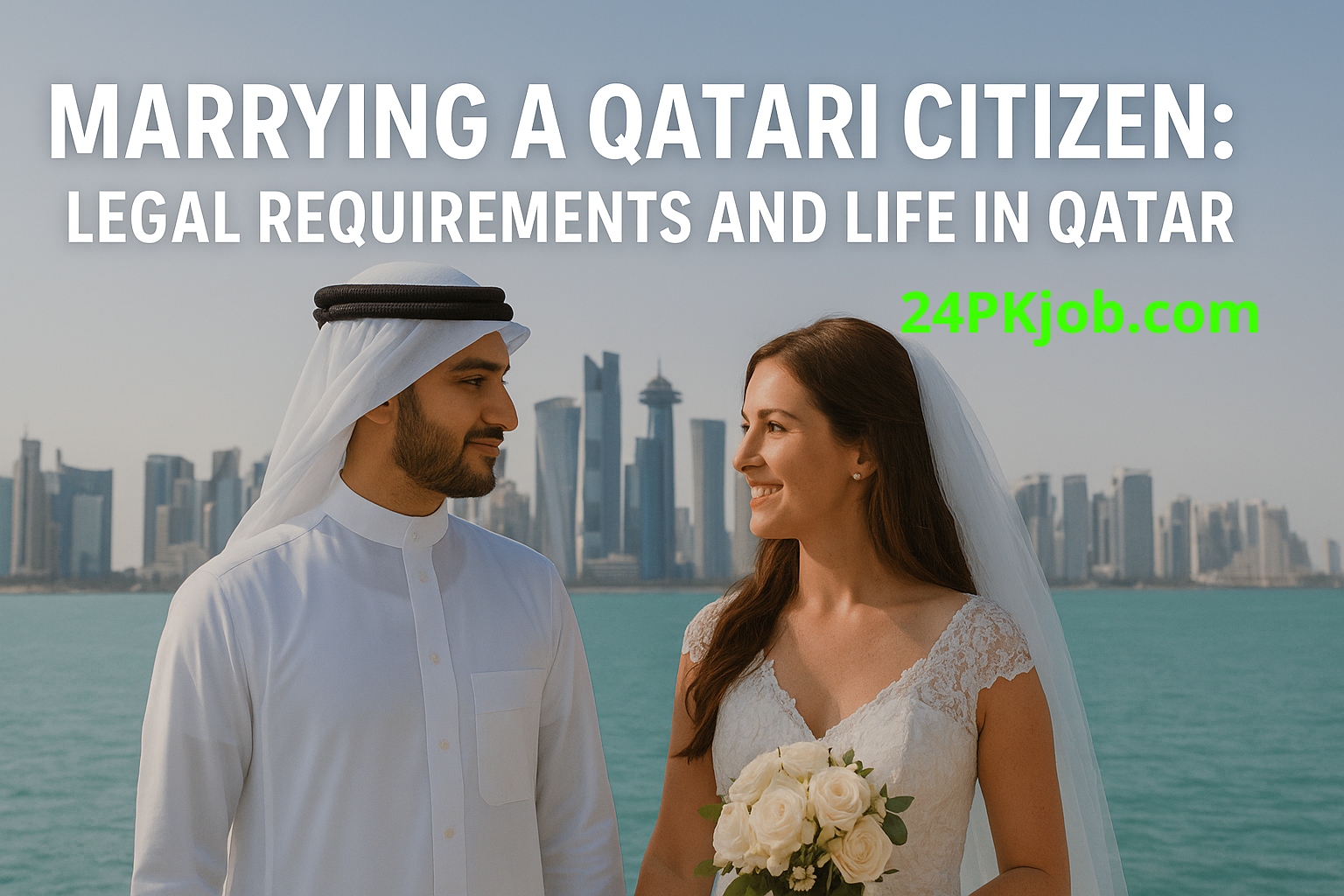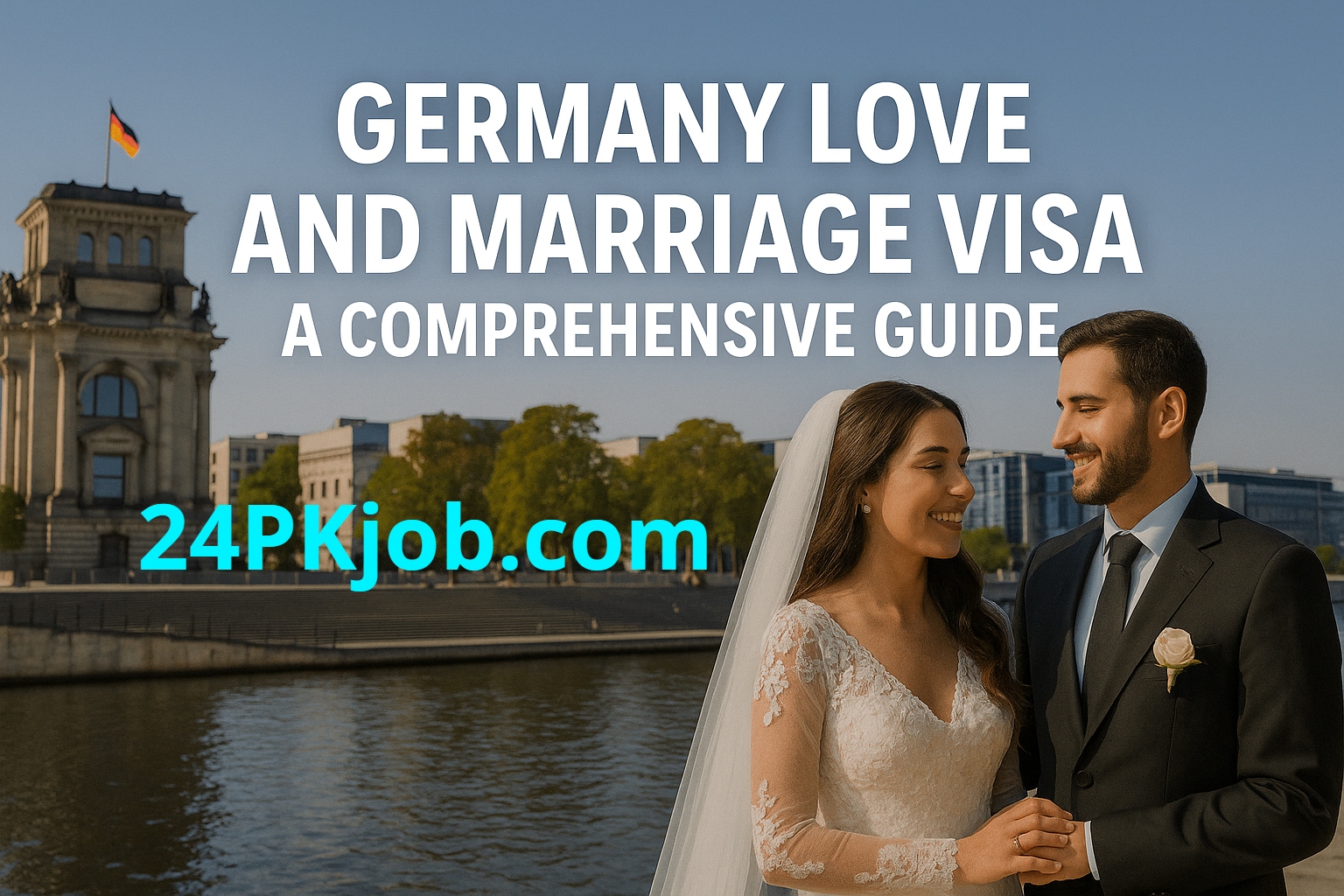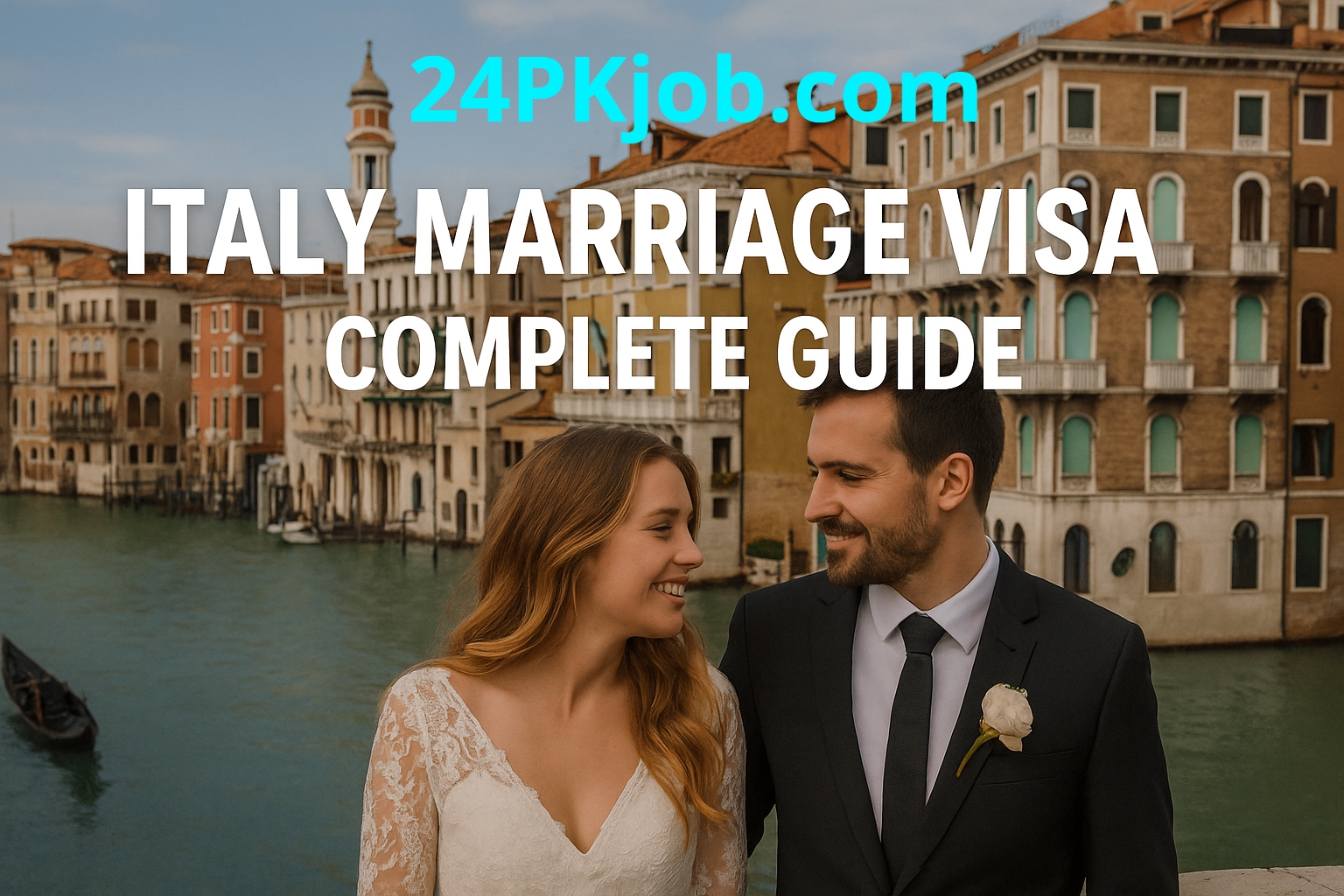Dubai, a thriving city in the United Arab Emirates (UAE), is not only a business and tourism hub but also a popular destination for couples looking to start a new chapter together. Whether you’re an expatriate marrying a UAE resident or a foreign couple tying the knot in Dubai, understanding the marriage visa process is crucial. This guide breaks down the essentials of obtaining what’s commonly referred to as a “Dubai Free Marriage Visa.”
What Is a “Free Marriage Visa” in Dubai?
The term “Free Marriage Visa” can be a bit misleading. There is no official visa that is entirely free of charge. However, some residents refer to it as a sponsored marriage visa, which allows a foreign spouse to legally reside in the UAE under their partner’s sponsorship. It’s “free” in the sense that it’s facilitated by the sponsoring spouse and does not require a separate employment-based visa.
Who Needs a Marriage Visa in Dubai?
You need a marriage visa if:
- You are a foreigner marrying a UAE national.
- You are a foreign expatriate marrying another foreigner and wish to reside in the UAE.
- You are already married and planning to sponsor your spouse to live with you in Dubai.
Legal Requirements for Marriage in Dubai
Before applying for a marriage visa, you must ensure the marriage is legally recognized in the UAE. The requirements vary depending on nationality and religion:
For Muslims (UAE Nationals and Expatriates)
- Both parties must be Muslim or the groom must be Muslim.
- The bride must obtain consent from her guardian.
- The couple must undergo premarital medical screening.
- Marriage must be registered at the UAE Family Court (Sharia Court).
For Non-Muslims
- Can marry through their embassy, consulate, or non-Muslim church/temple.
- Must provide valid passports, proof of marital status (single/divorced/widowed), and sometimes a premarital certificate.
- The marriage certificate should be attested by relevant UAE authorities.
Steps to Apply for a Marriage Visa in Dubai
Step 1: Legalize the Marriage
- Complete your marriage legally within Dubai or in your home country.
- Get your marriage certificate attested by your embassy and the UAE Ministry of Foreign Affairs (MOFA).
Step 2: Apply for a Residency Visa
The spouse (usually the husband) who is already a UAE resident can sponsor their partner. Here’s how:
- Open a sponsorship file at the General Directorate of Residency and Foreigners Affairs (GDRFA).
- Submit required documents:
- Attested marriage certificate.
- Sponsor’s passport and residency visa.
- Sponsored spouse’s passport.
- Emirates ID of the sponsor.
- Salary certificate or labor contract showing sufficient income (minimum AED 4,000 or AED 3,000 + accommodation).
- Medical Test & Emirates ID:
- The sponsored spouse must undergo a medical fitness test.
- Apply for Emirates ID.
Step 3: Visa Issuance
Once the documents are verified and the medical test is passed, the marriage visa (residency visa under spousal sponsorship) is stamped into the passport. It’s usually valid for 1-2 years and renewable.
Cost of the Marriage Visa
While the term “free” is used colloquially, there are standard government charges involved:
- Medical fitness test: AED 250–350
- Emirates ID: AED 270–370
- Visa application: AED 500–1,000
- Typing and processing fees: Vary by service provider
Tips for a Smooth Process
- Keep all documents translated and attested. Non-Arabic documents must be legally translated and attested.
- Apply early. Marriage visa processing can take several weeks.
- Use registered typing centers or authorized legal advisors to avoid paperwork errors.
- Confirm religious or embassy rules before planning the wedding.
Conclusion
While there’s no literal “free” marriage visa in Dubai, the process of sponsoring a spouse is well-structured and relatively straightforward if all requirements are met. Whether you’re marrying a UAE citizen or a fellow expatriate, ensuring your marriage is legally recognized and following the sponsorship guidelines will help you start your married life in Dubai without legal hiccups.
Always stay updated with the UAE’s immigration regulations, as policies can change. Consulting with a legal advisor or visiting GDRFA can ensure your application is handled smoothly.



